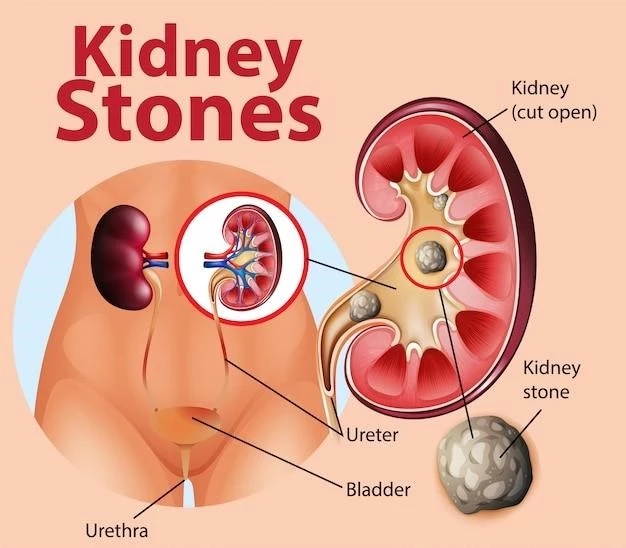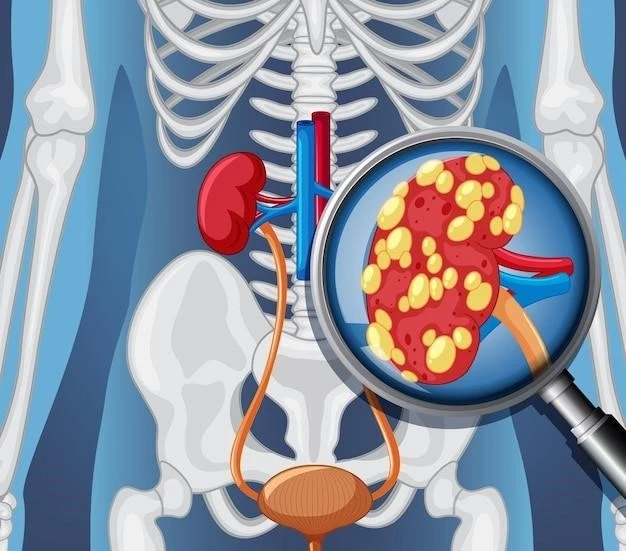Introduction
Renal cell carcinomas (RCCs) originate within the renal cortex and account for 80-85% of primary renal neoplasms. Learn about the types and more.
Overview of Renal Cell Carcinoma
Renal cell carcinomas (RCCs) originate in the renal cortex and account for 80-85% of primary renal neoplasms. These cancers are heterogeneous and are sub-classified into several distinct subtypes with unique genetic abnormalities. Symptoms of RCC may include pain٫ fatigue٫ and blood in the urine٫ leading to a variety of possible complications. Different tests and diagnostic procedures help in confirming the presence of RCC and staging the disease for appropriate treatment.
Types of Renal Cell Carcinoma
Renal cell carcinomas (RCCs) include clear cell RCC, papillary RCC, and chromophobe RCC, each with distinct genetic abnormalities.
Clear Cell Renal Cell Carcinoma
Clear cell renal cell carcinoma (ccRCC) is the most common subtype of kidney cancer, characterized by clear cells when viewed under a microscope. Surgery is often used for diagnosis and treatment of this type of kidney cancer.
Papillary Renal Cell Carcinoma
Papillary renal cell carcinoma (pRCC) is a type of kidney cancer that appears as finger-like projections when viewed under a microscope. It accounts for a significant portion of renal cell carcinomas and has different genetic characteristics compared to other subtypes.
Chromophobe Renal Cell Carcinoma
Chromophobe renal cell carcinoma (chRCC) is a subtype of kidney cancer known for its distinctive pale or eosinophilic cytoplasm under a microscope. This rare form of RCC has unique genetic characteristics and a more favorable prognosis compared to other subtypes.

Symptoms and Diagnosis
Renal cell carcinoma may manifest through symptoms like pain, fatigue, and blood in the urine. Accurate diagnosis is essential for appropriate treatment.
Common Symptoms of Renal Cell Carcinoma
Renal cell carcinoma can present with symptoms such as abdominal or back pain, blood in the urine, swelling, and other signs that require prompt medical attention and evaluation for a proper diagnosis.
Diagnostic Procedures for Renal Cell Carcinoma
RCC is diagnosed through various tests like imaging studies, blood tests, and biopsy. Staging helps determine the extent of cancer and guides treatment decisions.
Treatment Options
Various treatment options for renal cell carcinoma include surgery, immunotherapy, targeted therapy, radiation therapy, and other emerging treatments.
Surgical Treatments for Renal Cell Carcinoma
Surgical treatments for renal cell carcinoma typically involve the removal of the affected kidney or tumor through procedures like radical nephrectomy, partial nephrectomy, or other surgical interventions depending on the stage and extent of the cancer.
Non-surgical Treatments for Renal Cell Carcinoma
Non-surgical treatments for renal cell carcinoma may include immunotherapy, targeted therapy, radiation therapy, and other medications that can help manage the disease and improve outcomes for patients.

Risk Factors and Prevention
Renal cell carcinoma risk factors include smoking, obesity, hypertension, and family history. Adopting a healthy lifestyle and regular screenings can help prevent this cancer.
Factors that Increase the Risk of Renal Cell Carcinoma
Risk factors for developing renal cell carcinoma include smoking, obesity, hypertension, genetic predisposition, and certain environmental exposures. Understanding these factors can help in early detection and prevention strategies.
Preventive Measures for Renal Cell Carcinoma
Preventive measures for renal cell carcinoma involve lifestyle modifications like quitting smoking, maintaining a healthy weight, controlling blood pressure, and seeking regular medical check-ups to detect any potential issues early.
